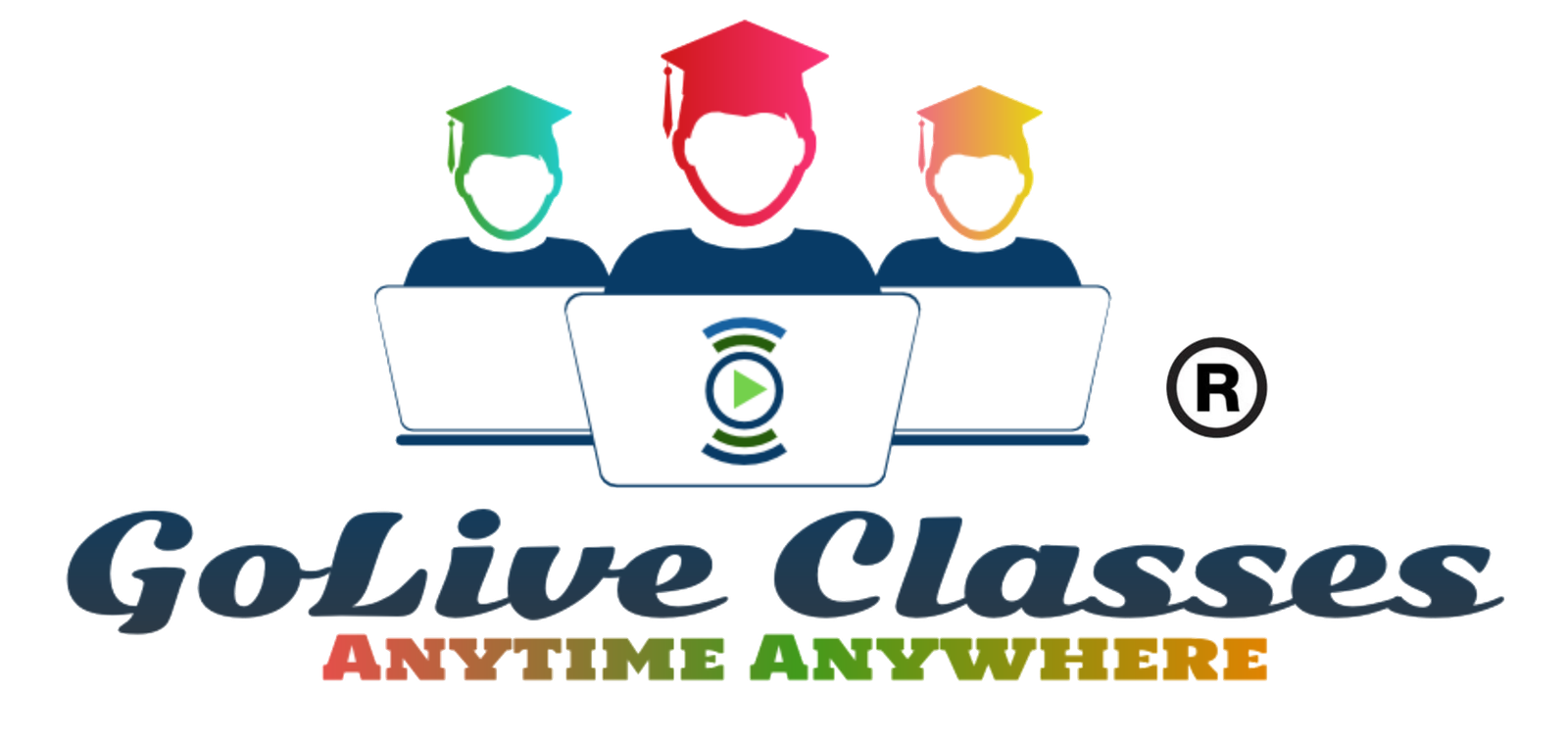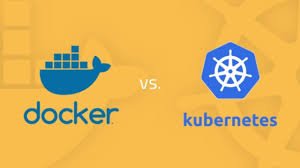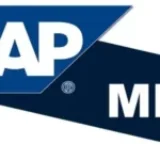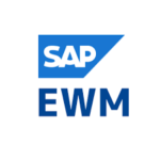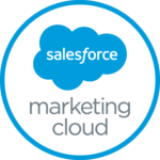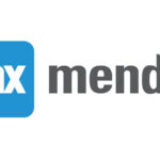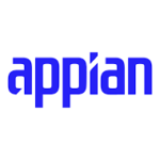Docker and Kubernetes
The Docker and Kubernetes course is designed to ensure that you learn & master the concepts of Marketing techniques in the Automation field and pass the certification exam on your first try. Our training will help you learn how to administer and master in the Docker and Kubernetes platform. The The Docker and Kubernetes course is designed to ensure that you learn & master the concepts of Containerzation field and pass the certification exam on your first try. Our training will help you learn how to administer and master the Docker and Kubernetes concepts. The practical hands-on learning approach followed in the course will ensure you get job-ready by the end of it. hands-on learning approach followed in the course will ensure you get job-ready by the end of it.
About Course
We at Golive classes provide world-class Docker and Kubernetes online training.
GoLive Classes is one of the top-notch Docker Kubernetes Online Training Institute. We are specialized in offering Job Oriented Docker Kubernetes Online Training for the desirable candidates. Our professionals are capable of training the students from beginner level to advanced concepts through Docker Kubernetes hands-on online training. In addition, we provide placement assistance to the candidates who are all taking the course in our institute. We mold the candidates with the right professionals to shine in the specific technology.
Docker and Kubernetes online courses are specially designed to learn about the Docker Kubernetes tools in a vast manner. You can gain in-depth knowledge of the deployment, usage, and maintaining the applications in Docker Kubernetes.
Nowadays, there are a plethora of job opportunities in Docker Kubernetes. First of all, you have to understand your interest, skills, job role, and make good decisions while selecting the specialty in Docker Kubernetes certification. When you take the Docker Kubernetes online course under the guidance of professionals you can succeed in it with less effort.
What is the course is all about?
Our instructors are working in Kubernetes and its related technologies for years in MNCs. We are aware of market needs and are offering exceptional Docker-Kubernetes training in a more practical manner. We framed our syllabus to match with the real-world requirements for both beginner level and advanced levels. We provide training materials, which are designed in a way where attendees can get more benefits and knowledge in less time.
What are the Objectives of Docker Kubernetes?
- Upon the course completion, the trainee will be able to:
- Install Docker and Kubernetes from scratch
- Learn to run and manage containers effectively
- Create and install Kubernetes pods and its services
- Build Docker images and configure Docker Hub from scratch
- Deploy a multi-component app very easily
Who should learn in this Docker Kubernetes?
- There are no specific prerequisites to learn Docker-Kubernetes.
- Software Professionals
- Testing Professionals
- Open source fanatics
- Software Architects and Designers
- Developers who are looking for an opportunity to enhance their careers.
What are the prerequisites to learn this course?
There are no specific prerequisites to learn Docker-Kubernetes. An individual who is having enthusiasm about learning this course can attend this certification training.
Why should you learn Docker and Kubernetes?
- Many top companies are incorporating Docker-Kubernetes data steps and programming in their deployments, and this created more demand for professionals worldwide.
- Certified Docker-Kubernetes Professionals are earning high salaries compared to professionals working on other technologies.
- The average salary of a certified Docker-Kubernetes professional is 657,490 per annum.
Advantages of Docker Kubernetes?
- Using Kubernetes and its huge ecosystem can improve your productivity.
- Kubernetes and a cloud-native tech stack attract talent.
- Kubernetes is a future proof solution.
- Kubernetes helps to make your application run more stable.
- Kubernetes can be cheaper than their alternatives.
Why GoliveClasess?
1.We provide live interactive training along with Real-time concepts with case studies
2.Project Explanation
3.Interview Questions
4.Resume preparation
5.Technical Assistance even after Course Completion
6.Career Guidance
7.life time video recordings Acess
8.The assistance provides in consulting and placement
9.Other courses will be provided with free of cost
Course Curriculum:
Docker Overview:
- Docker Architecture
- Images and layers
- The underlying technology of Docker like namespaces, cgroups, etc.
- Docker CE Vs Docker EE and supported platforms
- Pulling images from Docker registry
- The Docker Hub
- Docker Engine Installation on Linux Servers (CentOS/Ubuntu)
- Docker commands
- Images, ps, pull, push, run, create, commit, attach, exec, cp, rm, RMI, login, export, import, pause, unpause, system, volumes, build, rename, save, tag, network, logs, port, search, history
- Docker network
- Container volume management
- Creating a custom network (bridge)
- Building custom images using Dockerfile and through the container and pushing to the Docker hub
- Creating containers with limited resources (CPU, memory, etc.,)
- Building apache with MySQL database storage using Dockerfile
- Assigning/remove multiple networks to the running container.
- Selecting a storage driver for the Docker Engine
- Setting a limit on the resource like CPU, memory for running container
- Setup and configure universal control Plane(UCP) and docker trusted repository (DTR)
- Container life cycle
Docker Swarm:
- Setting up swarm (Configure manager)
- Setting up nodes (Adding nodes to the manager)
- Managing applications in Swarm with service
- Replication in Swarm
- Demonstrate the usage of templates with “docker service create”
- Identify the steps needed to troubleshoot a service not deploying
- Describe How Storage and Volumes Can Be Used Across Cluster Nodes for Persistent Storage
Understanding Kubernetes Orchestration:
- Difference between Docker Swarm and Kubernetes Orchestration
- Kubernetes overview
- Kubernetes Architecture
- Understanding the underlying concept of Kubernetes Orchestration
- Designing a Kubernetes cluster
- hardware and underlying infrastructure
- Service running on manage node and minions
- Overview of pods, replication, deployment, service, endpoints
- Deploying the application through PODs
- Building multiple pods with high availability
- Rolling updates of the Pods with the Deployment
- Kubernetes underlying network like overlay network with flannel, etc.
- Storage types in Kubernetes
- Upgrading Kubernetes components
- Troubleshooting in Kubernetes

